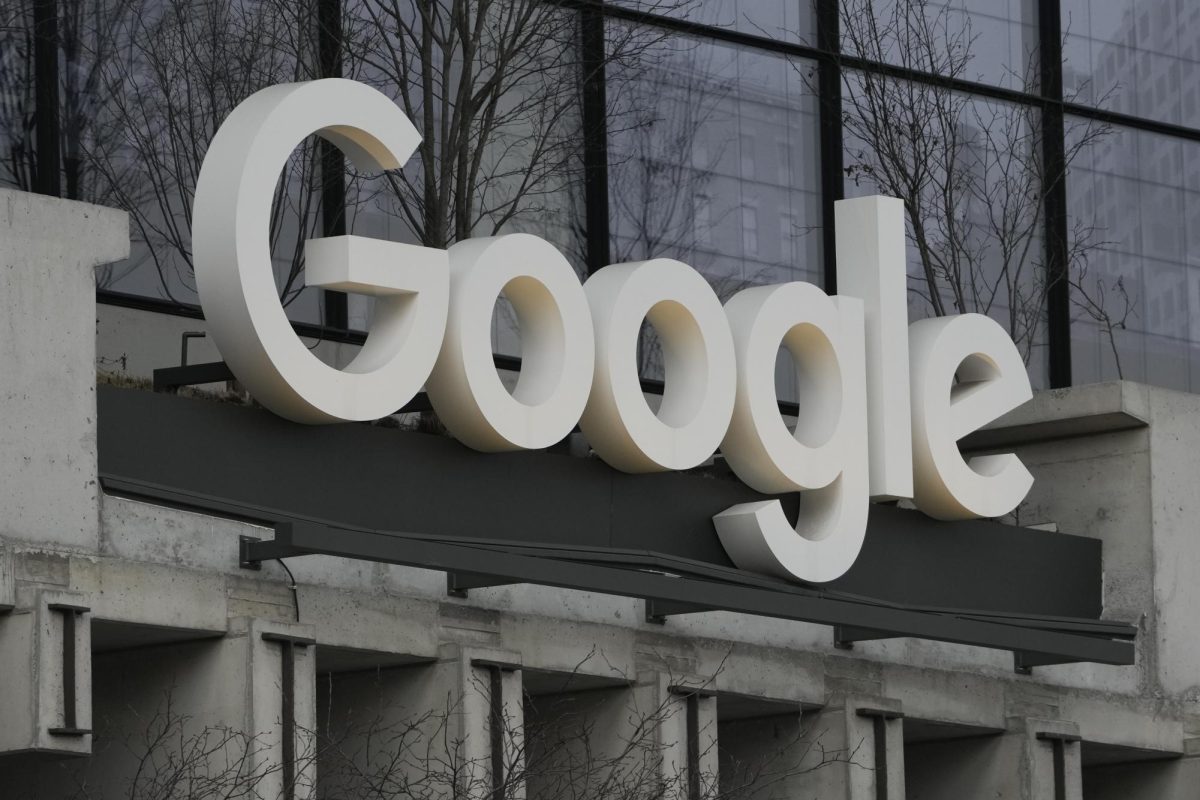On Oct. 7, a federal judge ordered Google to tear down the digital walls shielding its Android app store from competition as punishment for maintaining an illegal monopoly that helped expand the company’s internet empire.
The injunction issued by U.S. District Judge James Donato will require Google to make several changes that the company had been resisting. Those include a provision that will require its Play Store for Android apps to distribute rival third-party app stores so consumers can download them to their phones. The judge’s order will also make the millions of Android apps in the Play Store library accessible to rivals, allowing them to offer up a competitive selection.
The court-mandated overhaul is meant to prevent Google from keeping competition within the Android app market. As part of an effort to protect a commission system that has been a boon for one of the world’s most prosperous companies and helped elevate the market value of its parent company, Alphabet Inc., to $2 trillion.
Donato also ruled that, for a period of three years ending Nov. 1, 2027, Google won’t be able to share revenue from its Play Store with anyone who distributes Android apps or is considering launching an Android app distribution platform or store. It also won’t be allowed to pay developers, or share revenue, so that they will launch an app in the Google Play Store first or exclusively and can’t make deals with manufacturers to preinstall the Google Play store on any specific location on an Android device. It also won’t be able to require apps to use its billing system or tell customers that they can download apps elsewhere and potentially for cheaper.
Google said in a blog post that it would ask the court to pause the pending changes and appeal the court’s decision. “Provided the ruling survives the appeals process, Google will almost certainly take a revenue hit,” said Emarketer analyst Evelyn Mitchell-Wolf. “No doubt some of the largest app developers like Epic Games will start encroaching on Google Play Store’s market share, meaning Google will lose out on its usual cut of subscription and in-app purchases.” The analyst added that, while the Google Play Store will likely continue to benefit from brand recognition since it was the default Android app store for so long, “some consumers may defect if they can get better deals on their favorite apps elsewhere.”
App developers will likely take advantage of the opportunity to let consumers know about direct downloads. “So, Google may see fewer Play Store revenues even among the Android users that stick to the default,” Mitchell-Wolf said.
Donato is giving Google until Nov. 1 to make the revisions dictated in his order. The company had insisted it would take 12 to 16 months to design the safeguards needed to reduce the chances of potentially malicious software making its way into rival Android app stores and infecting millions of Samsung phones and other mobile devices running on its free Android software.




